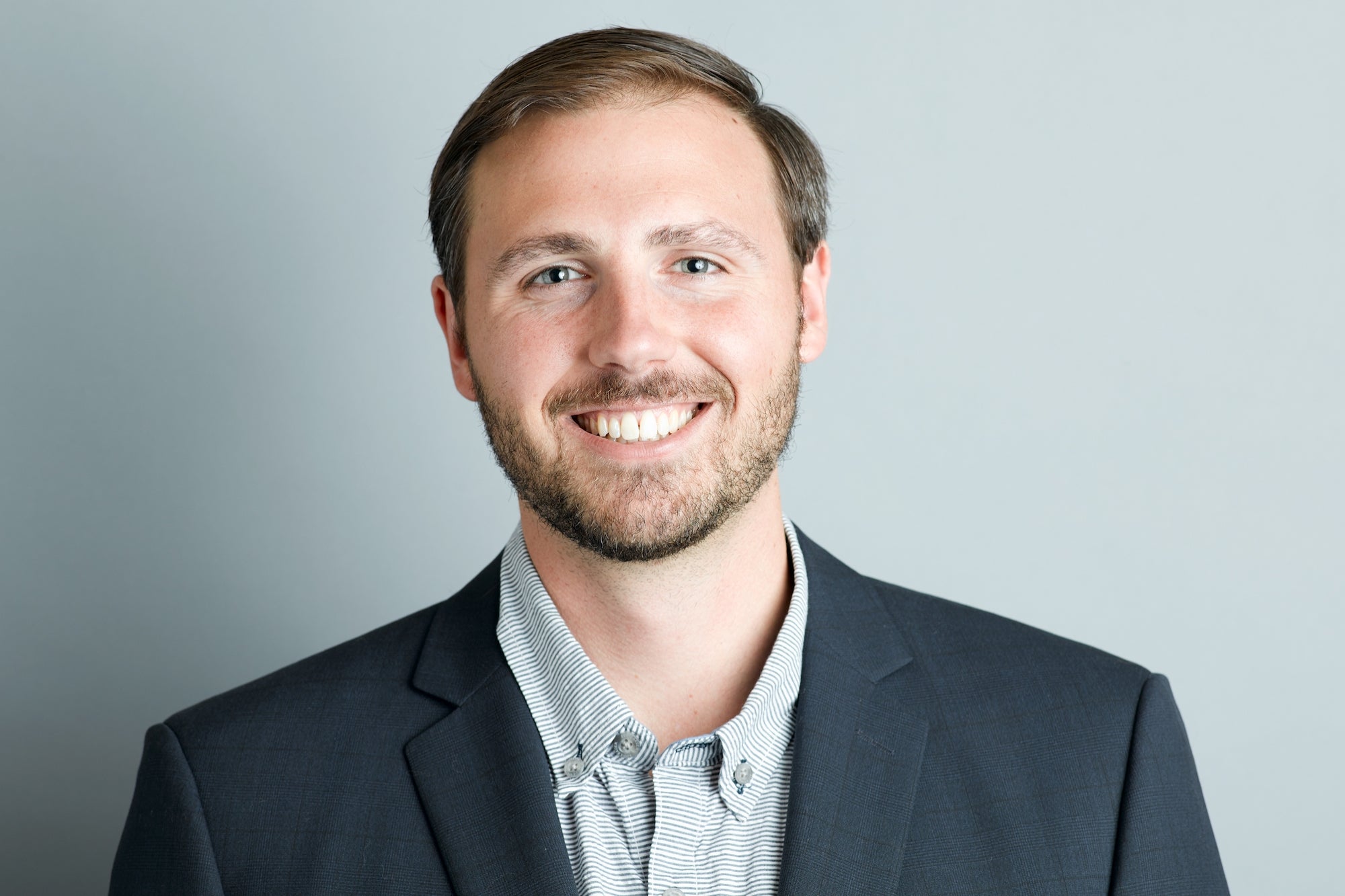Stop Smoking Clinics
Startup Costs: $2,000 - $10,000
Part Time: Can be operated part-time.
Franchises Available? No
Online Operation? No
According to the U.S. Department of Health and Human Services, 29 percent of Americans smoke cigarettes. That means a whopping 80,000,000 potential customers for a stop smoking clinic in the United States alone. Even with the assistance of stop smoking aids, such as nicotine patches, gums, and pills, smokers often need additional guidance and support to be able to kick the habit. Starting a stop smoking clinic or counseling service is not difficult. The classes can be conducted in a group format or a one-on-one in-home consulting basis. The business is obviously best suited to be started by an ex-smoker, as they can better understand their clients' situation. The best way to approach this type of instruction business is to develop a course manual: a 'guide to quit smoking.' The manual can be the basis of the stop smoking program that is offered to clients.
Stop Smoking Clinics Ideas
Resume Writer
Know the secrets to creating the perfect resume? Try writing them for your clients.
Buskers School
Use performance arts skills to teach others how to be street performers.
Licensing Specialist
If you know your product branding and licensing laws, this business has your name all over it.
More from Business Ideas
3 Secrets to Starting a Small Business Side Hustle That Gives Your Day Job a Run for Its Money, According to People Who Did Just That — and Made Millions
Almost anyone can start a side hustle — but only those ready to level up can use it to out-earn their 9-5s.
This Insurance Agent Started a Side Hustle Inspired By Nostalgia for His Home State — Now It Earns Nearly $40,000 a Month
After moving to New York City, Danny Trejo started a business to stay in touch with his roots — literally.
Their 'Magic Internet Money' Side Hustle Just Hit $1 Billion in Sales: 'We'd Empty 6 Figures of Cash Onto the Counter. The Bank Teller's Expressions Were Priceless.'
Inspired by the concept of decentralized money, Neil Bergquist and Michael Smyers came up with a lucrative idea they believed "would nearly run" itself.





